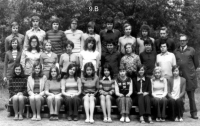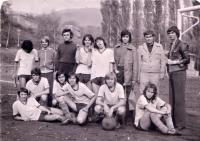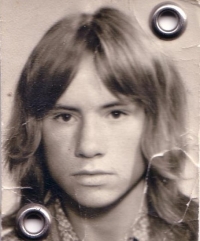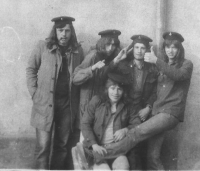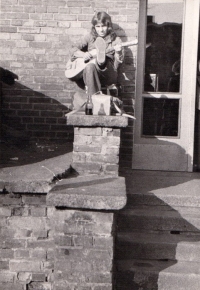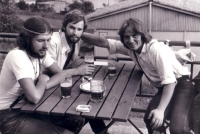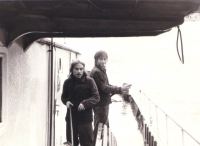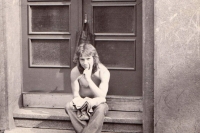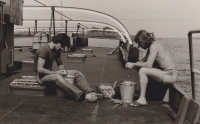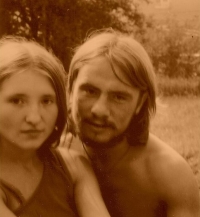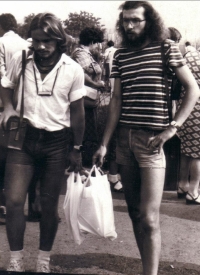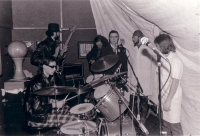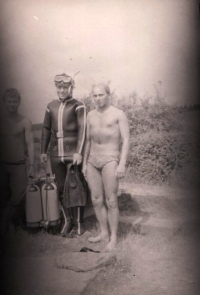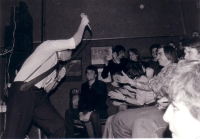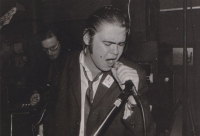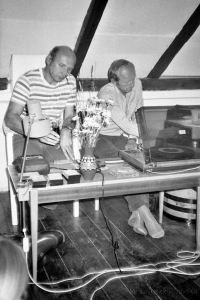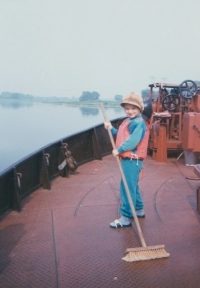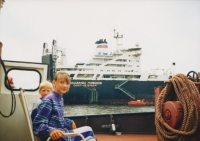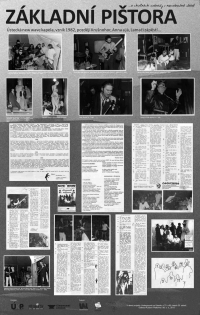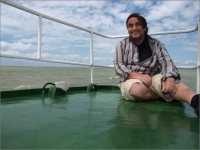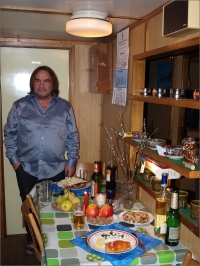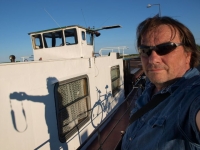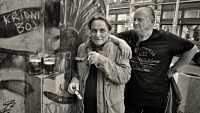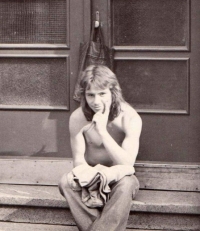For me, as a ‘mánička’, the boat was an escape from socialist reality
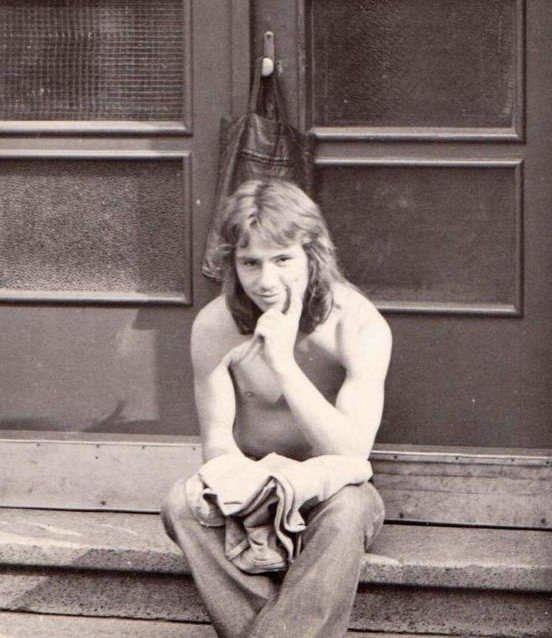
Download image
Jiří Louvar was born on October 3, 1958, in Ústí nad Labem, the youngest of three children in a family where the father worked as a railway dispatcher and the mother as a healthcare worker. His father, Ladislav, died when Jiří was eight years old, and his mother, Blažena, had to manage life with her children on her own. He loved books from an early age, and they led him to witness some interesting events — for example, in 1969, on his way to the library in Ústí, he got a close look at the aftermath of a furious crowd’s rampage, which followed the Czechoslovak hockey team’s victory over the previously unbeatable Soviet squad. In celebration, military vehicles parked in front of the Soviet occupation headquarters were set on fire. In 1974, Jiří began training in Děčín to become a ship mechanic. As a dreamer immersed in books, life and sailing on a boat seemed romantic to him — and a possible way to escape the suffocating atmosphere of socialism. However, reality turned out to be much harsher than he had imagined. Despite that, he spent his entire professional life working on ships. He joined the military in 1978 and served as a diver. In the shipping industry, he worked his way up from the bottom to the position of captain. As he jokingly says, he sailed Europe back and forth. In 1988, he moved with his wife and two children to the village of Povrly, located roughly halfway between Ústí nad Labem and Děčín. There, he took part in ‘Antidiskotéky’ — underground music discussions organized by music critic Jiří Černý — as well as in home theater performances and other events frowned upon by the communist regime. Jiří Louvar continued working on boats until 2022, when he took early retirement due to health issues. In 2024, he began working as a librarian in Povrly, where he also lived.


